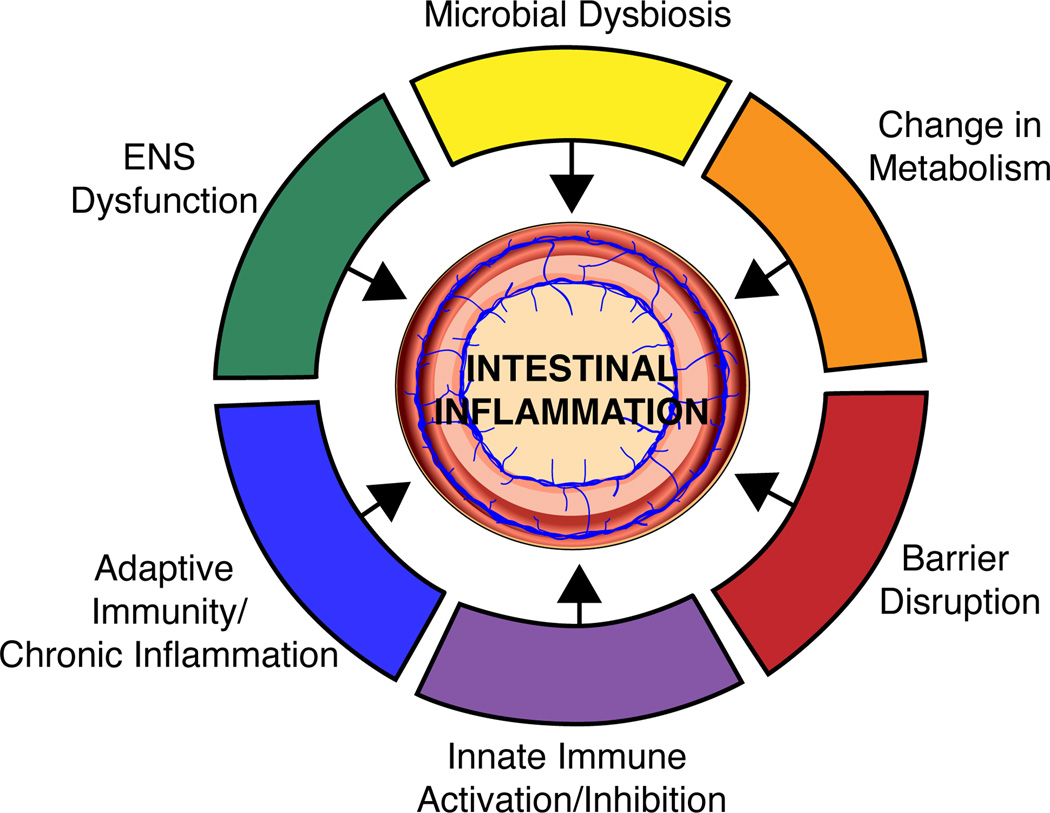Figure 2. Intestinal vulnerabilities contributing to IBD.
Reduced alpha diversity and a change in the community architecture of the intestinal microbiota is a key phenotype of IBD and may contribute to disease initiation. The composition of the intestinal microbiota heavily influences the metabolic environment of the intestine and specific metabolites have been associated with inflammation. Further microbes influence the activity of both the innate and adaptive arms of the immune system and these interactions can initiate disease as well as maintain chronic inflammation. Intestinal microbes have been shown to produce a variety of neurotransmitters and are also critical for ENS development and function; these microbial-induced modifications to the ENS can translate to downstream effects on the mucosal immune system.

